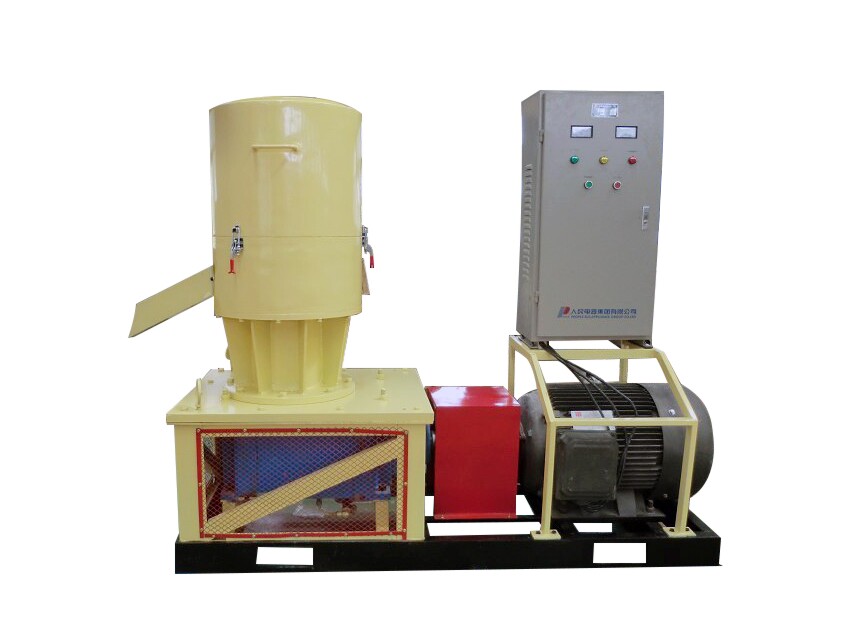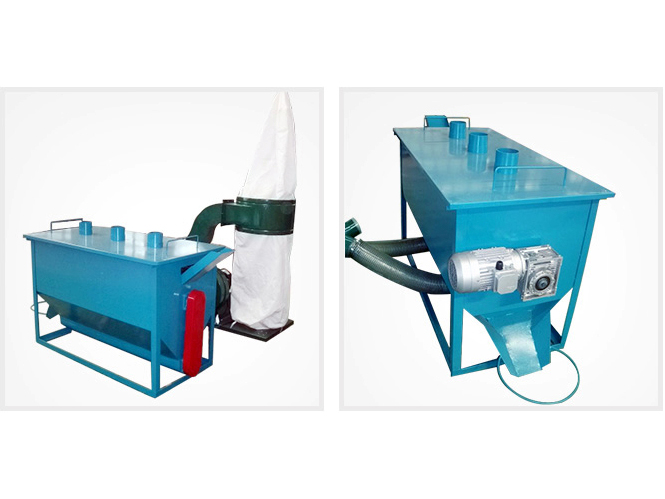
Benefits and Disadvantages of Using Biomass Energy
Biomass and Biomass Energy
Biomass is one of the substantial renewable resources that can be used as a fuel for hating, warming and producing electricity and other forms of energy. Biomass energy, also called renewable energy, from forest debris, agricultural crops and residues, agricultural waste and scrap lumber, industrial wood and logging residues, etc.
The fuel that is from biomass materials or biomass energy is usually called biomass fuels, or biofuels. It may be solid, liquid, or gas and are derived from biomass feedstock. Biofuel technologies can efficiently transform the energy in biomass into transportation, heating, and electricity generating fuels.
Biomass is actually part of Earth’s current carbon cycle. Like fossil fuels, biomass releases CO2 when burned. However, the CO2 released by woody biomass fuel is already part of the earth’s current carbon cycle where CO2 is absorbed from the atmosphere during the growth of a tree and then re-released after it dies and decays or burns. Therefore, using biomass cannot cause the net increase in CO2 levels.

Nowadays, biomass is a proven option for electricity generation. Biomass used in today's power plants includes wood residues, agricultural/farm residues, food processing residues (such as nut shells), and methane gas from landfills. In the future, farms cultivating energy crops, such as trees and grasses, could significantly expand the supply of biomass feedstock.

Nowadays, biomass is a proven option for electricity generation. Biomass used in today's power plants includes wood residues, agricultural/farm residues, food processing residues (such as nut shells), and methane gas from landfills. In the future, farms cultivating energy crops, such as trees and grasses, could significantly expand the supply of biomass feedstock.
Benefits of Using Biomass Energy
Biomass energy enjoys many advantages compared with the traditional fuels like oil and gas. The benefits of using biomass energy mainly lies in two aspects: economic benefits and environmental benefits.
Economic Benefits:
Using biofuels can reduce dependence on out-of-state and foreign energy sources, keeping energy money invested in domestic economy. Biomass energy crops can be a profitable alternative for farmers, which will complement, not compete with, existing crops and provide an additional source of income for the agricultural industry. Biomass energy crops may be grown on currently underutilized agricultural land. Moreover, establishing biomass processing plant can create jobs for local people, thus promoting the development of economy. In addition to the rural jobs, expanded biomass power deployment can create high skill, high value job opportunities for utility, power equipment, and agricultural equipment industries.Environmental Benefits:
The usage of biomass energy leads to many environmental benefits, the primary are as follows:- No Harmful Emission: Biomass energy, for the most part, creates no harmful carbon dioxide emissions. Many energy sources used today struggle to control their carbon dioxide emissions, as these can cause harm to the ozone layer and increase the effects of greenhouse gases, potentially warming the planet. It is completely natural, has no such carbon dioxide side effects in its use. The using of biomass energy produces virtually no sulfur emissions, and helps mitigate acid rain.
- Clean Energy: Thanks to its relatively clean use, biomass energy is good for the environment and good for business. It does release carbon dioxide but captures carbon dioxide for its own growth. Usages of biomass energy recycle atmospheric carbon, minimizing global warming impacts since zero "net" carbon dioxide is emitted during biomass combustion, i.e. the amount of carbon dioxide emitted is equal to the amount absorbed from the atmosphere during the biomass growth phase. Besides, the recycling of biomass wastes mitigates the need to create new landfills and extends the life of existing landfills. Moreover, Biomass combustion produces less ash than coal, and reduces ash disposal costs and landfill space requirements. The biomass ash can also be used as a soil amendment in farm land.
- Abundant and Renewable: Biomass products are abundant and renewable. As they come from living sources, and life is cyclical, these products potentially never run out. The living things, components and waste products will finally be turned into energy. In the United Kingdom, biomass fuels are made from recycled chicken droppings. In the United States and Russia, there are plentiful forests for lumber to be used in the production of biomass energy.
- Reducing Dependency on Fossil Fuels: It has been developed as an alternate source of fuel for many homeowners and has helped them to reduce their dependency on fossil fuels.
- Reducing Fertilization and Herbicides: Perennial energy crops (grasses and trees) have distinctly lower environmental impacts than conventional farm crops. Energy crops require less fertilization and herbicides and provide greater vegetative cover throughout the year, providing protection against soil erosion and watershed quality deterioration, as well as improved wildlife cover. Besides, landfill gas-to-energy projects turn methane emissions from landfills into useful energy.
- Reducing the Greenhouse Gas: Using biomass energy has the potential to greatly reduce greenhouse gas emissions. Burning biomass releases about the same amount of carbon dioxide as burning fossil fuels. However, fossil fuels release carbon dioxide captured by photosynthesis millions of years ago—an essentially "new" greenhouse gas. Biomass, on the other hand, releases carbon dioxide that is largely balanced by the carbon dioxide captured in its own growth (depending how much energy was used to grow, harvest, and process the fuel).
- Reducing Landfills: Another environmental benefit of biomass energy is turning waste that is harmful to the environment into something useful. For instance, garbage as landfill can, at least partially, be burned to create useable biomass energy.
- Last but not least, biomass energy can be used to create different products. Biomass energy is versatile, as different forms of organic matter can be used to create different products. Ethanol and similar fuels can be made from corn and other crops. With so many living things on the planet, there is no limit to how many ways it can be found and used.
These are the main benefits that using biomass energy can bring to you. And making full use of biomass energy is becoming more and more popular and necessary all around the world. This is one of the best responses to the advocated low carbon life.



